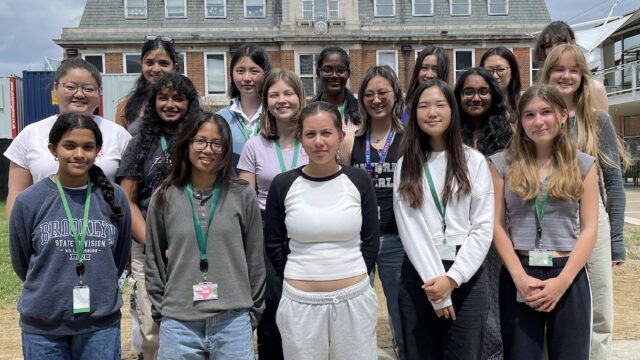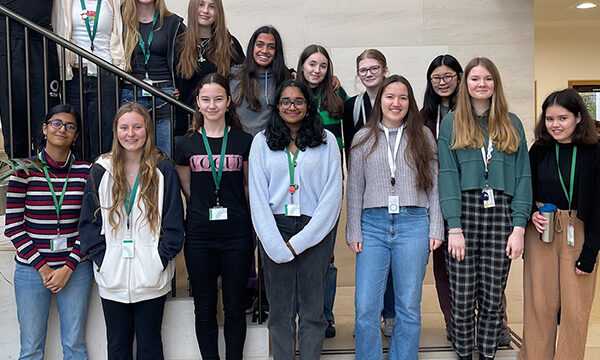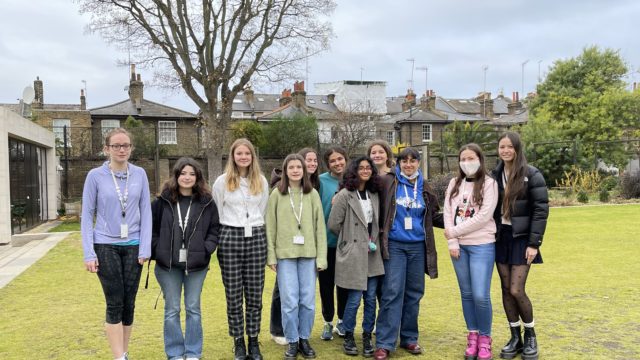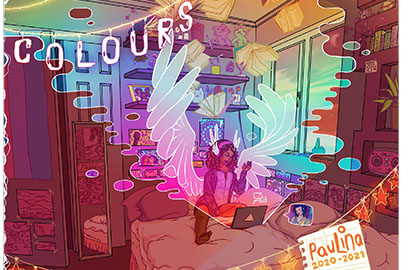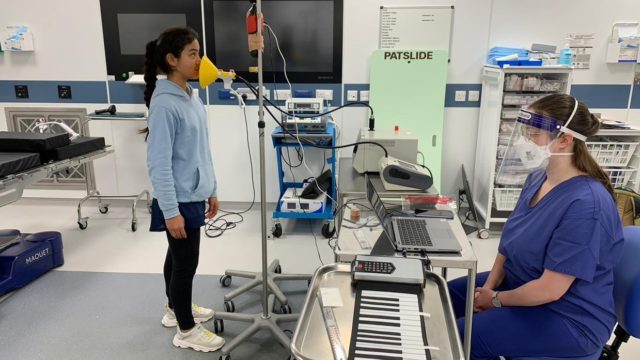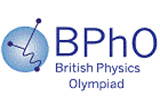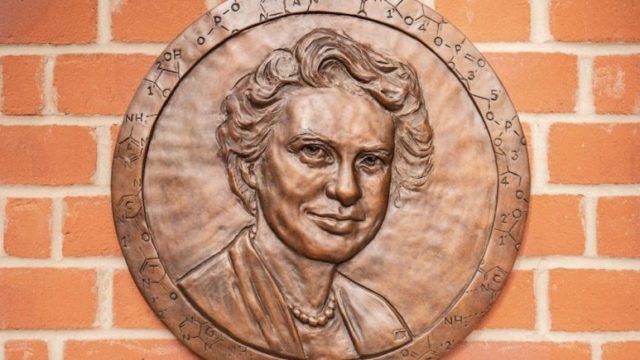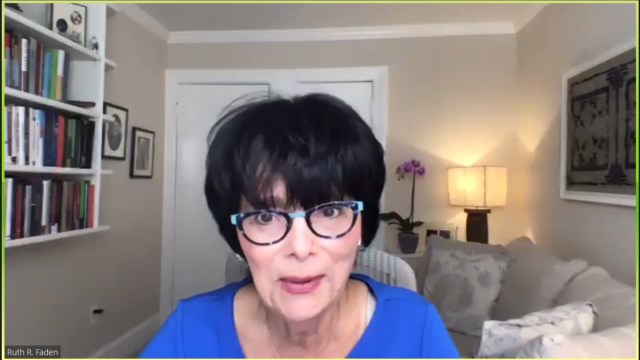Physics
We study physics for three main reasons: physics is interesting, physics is useful, and physics enables a wide variety of careers.
Physics can be as practical as calculating the stresses in a bridge or as abstract as mapping the curved space-time near a black hole. It studies systems ranging in size from the smallest elementary particles to the entire universe.
Physics is at the heart of everything. The skills learnt in studying physics can be applied in every walk of life.
Physics learning and teaching at St Paul’s
Teaching physics at St Paul’s is a privilege. We have superb facilities – dedicated laboratories, excellent IT provision, modern equipment and a specialist technician – but what makes our jobs as teachers distinctive is our students. Even after decades of teaching, Paulinas can still astonish us with their intense dedication, their delightful idiosyncrasies and the quality of their questioning.
In addition to our teaching experience, the physics department staff have postgraduate qualifications in astrophysics, soft matter physics, quantum computing and laser optics.
Paulinas are supported throughout their physics studies through interesting and challenging teaching, incorporating a rich practical programme. We also run twice-weekly ‘Physics Workshop’ sessions, where students are helped to catch up missed lessons, obtain advice on homework, work on personal projects and competitions, or just have a physics-related chat.
In the UIV (Year 8) we cover a broad range of topics (including space, optics and climate science) to prepare students for their IGCSE work in the LV–V (Years 9-10).
We follow the Pearson Edexcel specification for this, leading to the students’ first public examinations at the end of the VI (Year 11). In the Senior School, we follow the Pearson Edexcel linear A Level. Each year approximately 30% of the cohort in the VII chooses to study physics at A Level.
Beyond the curriculum
We regard the curriculum as a spring-board for exploring all fields of physics, which we encourage through a broad range of co-curricular activities, including competitions and trips.
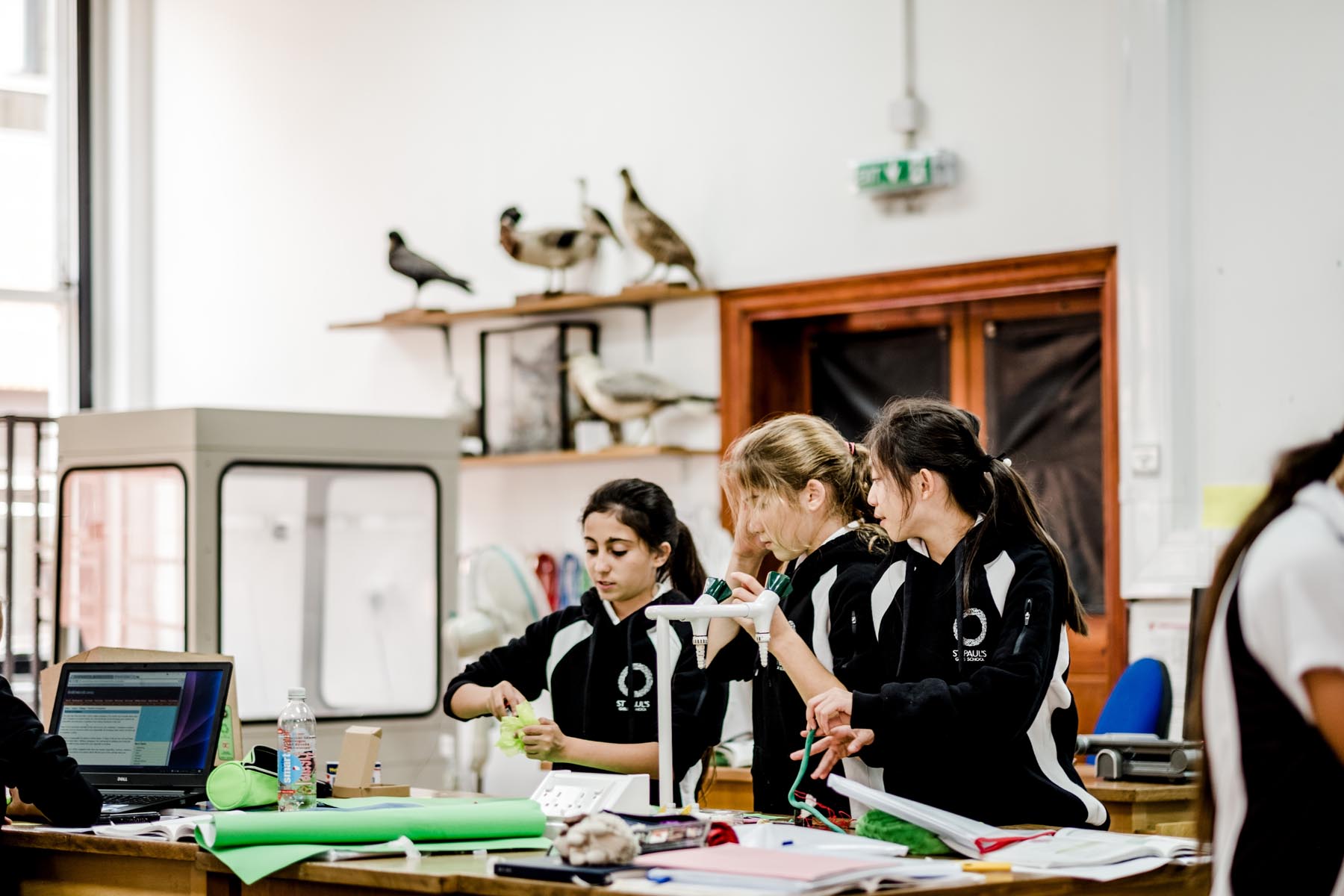
Examples of these include:
- Physics Olympiad, AS Challenge and GCSE Challenge; Paulinas have won numerous gold, silver and bronze awards
- Talks organised by our Physics Society (run by student in the Senior School): recent topics have included special relativity, vortices and building a cloud chamber
- The Engineering Education Scheme for senior students thinking of pursuing engineering at university
- An academic exchange trip with the African Science Academy in Ghana
Trips and visits to destinations including:
- The Kennedy Space Center and Orlando, Florida
- CERN
- Diamond Synchrotron
- Culham Centre for Fusion Energy
- The Extreme Physics Competition
- Engineering and particle physics masterclasses at Imperial College
